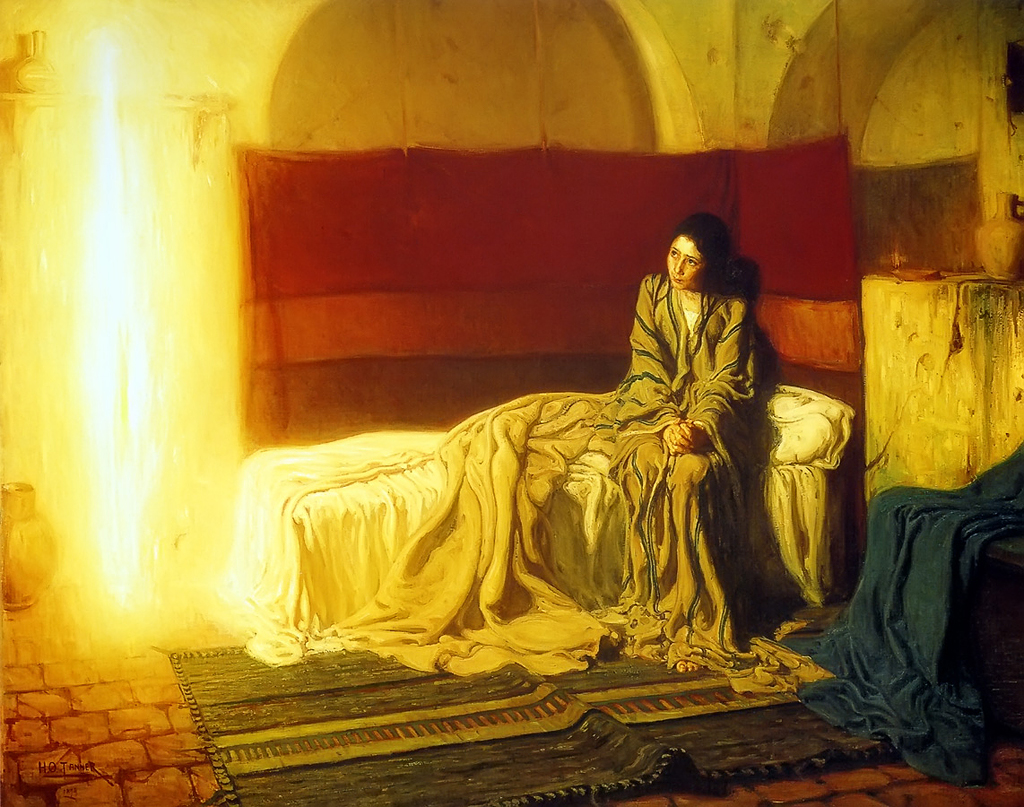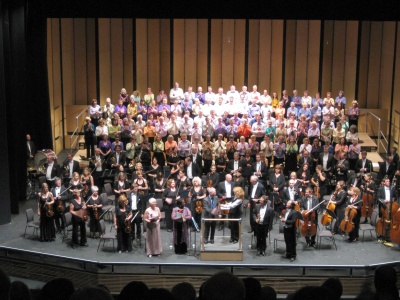So, who here likes a good parade? I’ve seen or been in quite a few in my time. They can be exciting, colourful, fun. Lots of floats, lots of costumes, tons of people watching and cheering and celebrating.
Here are a few parades that spring to mind. Northampton Carnival – it’s bright, it’s colourful, it’s wonderfully multi-cultural. What’s not to like? And we were lucky enough to be at Disneyland Paris a few years ago – one of the best bits about Disney is their parades. And I wasn’t at this one, but there’s the [Northampton] Saints and their fans celebrating their cup wins last year. And there are many other examples of parades, some celebratory like carnivals around the world, some political like anti-war demonstrations, and some that are a bit of both like Gay Pride parades.
 The ancient world was keen on a good parade too, but their parades often had a more military feel to them – here’s an example of what Romans called a triumph. In some ways, this one isn’t very different in some ways from the Saints parade – it’s about celebrating a victory. For the really big victories, there were statues and monuments built. But being the Romans, there was probably a lot of violence involved, and of course your experience of being on the losing side was a lot nastier than those beaten by the Saints discovered.
The ancient world was keen on a good parade too, but their parades often had a more military feel to them – here’s an example of what Romans called a triumph. In some ways, this one isn’t very different in some ways from the Saints parade – it’s about celebrating a victory. For the really big victories, there were statues and monuments built. But being the Romans, there was probably a lot of violence involved, and of course your experience of being on the losing side was a lot nastier than those beaten by the Saints discovered.Of course, the Romans weren’t the only ones who did victory parades. The Jewish victories were
often accompanied by parades. Two hundred years earlier, before the coming of the Romans, the Maccabees had swept aside the rulers of the day, who had no respect for Jewish worship, and entered Jerusalem to the waving of palm branches, to rededicate the Temple. But in Jewish tradition, leaders who came in war arrived in the city on a great horse. Leaders who came in peace arrived on a donkey.
We’ve talked a bit about the donkey already in Jesus’s entry to Jerusalem [using an excellent drama as the children's talk], so let’s think about the parade. And there’s one crucial thing to be said about that parade. It was not the only parade happening in Jerusalem that day. There was not one parade in Jerusalem but two. There was the one we’ve been hearing about, that we remember today, but it was another one that everyone would have noticed.
That day was the start of Passover week, the greatest festival in the Jewish calendar. People came to Jerusalem from all around Israel and beyond. As Passover celebrates the Jewish people being freed from slavery in Egypt, it was a sensitive time in the eyes of the Romans, as the current rulers of the Jewish people. So they increased the number of soldiers in the city, and the governor of the province, Pontius Pilate, spent the week in the city instead of his usual base at Caesarea on the Mediterranean coast.
And so the big parade that day was the entry of Pilate and his troops into Jerusalem. Two biblical scholars, Marcus Borg and John Dominic Crossan [The Last Week], have written a lot about that other parade, and here’s how they describe it:
Imagine the imperial procession’s arrival in the city. A visual panoply of imperial power: cavalry on horses, foot soldiers, leather armour, helmets, weapons, banners, golden eagles mounted on poles, sun glinting on metal and gold. Sounds: the marching of feet, the creaking of leather, the clinking of bridles, the beating of drums. The swirling of dust. The eyes of the silent onlookers, some curious, some awed, some resentful.By contrast, imagine the parade that Jesus led. He sat on a donkey, which as I’ve said was the symbol of peace. He was surrounded by peasant folk, many of them from the wild north of Galilee. They were waving some kind of branches, which we call palm leaves but may just as well have been bits of straw picked up from the fields. This was a big contrast to Pilate’s parade. It was not glamorous. It was not impressive. But to the people calling out to him it really mattered.
And we can see just how much it mattered from what they were crying out. They didn’t call out “Hallelujah” or “Hooray” or “Welcome”. They shouted out a single word, again and again. HOSANNA. We’ve heard that word so many times, associated with this day, that we’ve lost its meaning. It has come to be a word of praise, but that’s not what it means. It means SAVE US, WE BEG YOU. Save us from this terrible system. Save us from the Romans who tax us to the hilt to pay for their roads and palaces and soldiers. Save us from the temple authorities who are corrupt and demand lots of little taxes when we go to worship God. Save us from the soldiers who attack us if we say the wrong thing. Save us from all those who are controlling our lives and making it a misery. It’s a cry from the heart. And it’s a deeply political cry.
 So it’s no mistake that the word Hosanna is shown here on a protest banner. Because it was a word of protest. They go on: blessed is he who comes in the name of the Lord. Blessed is the coming kingdom of David. These are not songs of praise. They are cries to come and shake everything upside down, to bring about a new kingdom.
So it’s no mistake that the word Hosanna is shown here on a protest banner. Because it was a word of protest. They go on: blessed is he who comes in the name of the Lord. Blessed is the coming kingdom of David. These are not songs of praise. They are cries to come and shake everything upside down, to bring about a new kingdom.All these words are quotes from the psalm that we read earlier, which was used at the entry to the Temple on festivals, so they were familiar words. But they are strong statements about the kind of king they want, the kind of king they see Jesus as. This is a moment of transformation, of change. If you know the musical Jesus Christ Superstar, perhaps you remember the moment when the crowds are singing “Hosanna, hey sanna, sanna sanna ho”, and at the same time the priests are singing “Tell the rabble to be quiet, we anticipate a riot – this common crowd is much too loud”. This is a triumph of a very kingly sort, albeit a Jewish triumph rather than a Roman one.
But of course as the words here from that song show, the mood of the crowd gradually changed. They started by asking Jesus to like them, and ended up asking Jesus to die for them. And of course that’s where Jesus was headed as he moved into Jerusalem. His alternative form of parade was setting out a new form of kingship and a new form of kingdom, one based on justice and peace rather than on exploitation and violence. He didn’t come to be the messiah so many people expected, overthrowing the system through force, although his first action when he returned to Jerusalem the next day was to confront the corruption and exploitation found in the Temple.
But of course all this put him into direct conflict with the authorities, both the religious leaders and the Romans. And they couldn’t tolerate that. Which led him in the following week to his trial and death. But there’s a time to think of those terrible events, and the unexpected aftermath when God brought good out of evil and raised him from the dead, as Holy Week progresses and leads on to Easter Sunday.
Today I think it’s right to stick with Palm Sunday, with Jesus’ alternative parade leading into Jerusalem and the contrast with Pilate’s parade, the one everyone was talking about. Because we’re faced with a choice on Palm Sunday.
Which parade are we going to choose?
Are we going to choose the glitzy one, the exciting one, the one with the money, the one that the people in charge want us to choose? Are we going to follow the parade of the Oscars on the red carpet, the soldiers marching in their triumph, the parades of the powerful?
Or are we going to follow the humbler parade, where the leader is a man of peace who comes to challenge the ways that we do harm to other people, that we let others do harm? Are we going to follow the parade where the people are ordinary folks, rather poor, crying out for help for change in a system that oppresses them?
Because the choice is with us today. There are still two parades going on. There is a parade of power and there is a parade of justice. Can we have the courage, knowing where it leads, to follow the parade that Jesus leads us in?
Let us pray [prayer taken from Godspace by Mustard Seed Associates]
Let us enter the city with Jesus today,Amen.
And sing hosannas to our king,
Let us turn our backs on the powers that grasp and control,
And open our hearts to the son of God riding on a donkey.
Let us join his parade,
Surrounded by outcasts and prostitutes, the blind and the leper.
Let us follow the one who brought freedom and peace,
And walk in solidarity with the abandoned and oppressed.
Let us shout for joy at Christ’s coming and join his disciples,
Welcoming the broken, healing the sick, dining with outcasts.
Let us touch and see as God draws near,
Riding in triumph towards the Cross.











